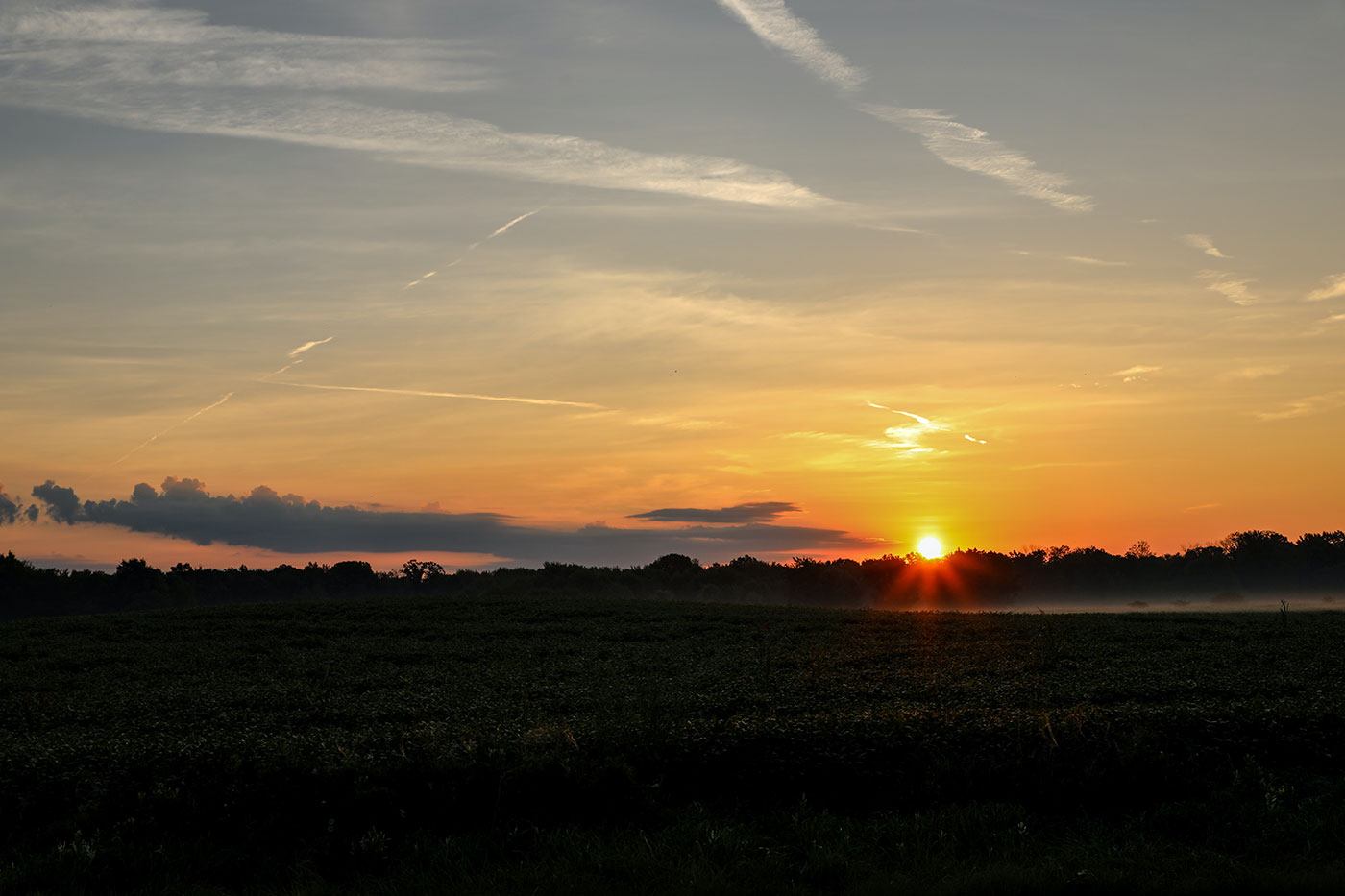
About Attorney Jesse Haskins
Integrity and reputation mean a lot to Jesse Haskins. So much so, he dedicates his legal practice to preserving them – and seeking the truth.
Coronavirus has forced us to focus on the present–what our current threats are, how to get government funding, how to get nongovernmental funding, and how to handle market disruptions. But as I blogged about before, local food systems combat future food scares, whether they are introduced by accident or by terrorism.
Coronavirus highlights the need to build a sustainable future, to preserve our local food systems. This means preserving the land that sustainable agriculture depends on.
The Land Tenure Problem
There is only a limited amount of prime land out there. This is land with deep, well drained soils, and even terrain. Unfortunately, prime farmland also entices real estate developers. Real estate developers have more money than small scale farmers. Real estate developers can offer more money. Real estate developers and commercial developers generally have more power.
The Solution: Land Conservation Easements
To combat this imbalance, we have agricultural conservation easements. The conservation easement is an agreement that prohibits the landowner from harming the land. Here is how it works. The landowner keeps ownership of the land, but sells or donates the right to do whatever they want with it. The landowner can potentially get money by promising, for example, “I will not let developers build hotels here, and I will not let my heirs do this either.” The landowner makes this promise to a government or non-profit organization. Because the government or non-profit receives the promise, they are the easement holders. The easement holder does not buy ownership of the land. Instead, the easement holder pays (or gets donated) the right to enforce the conservation easement. The conservation easement holder must monitor the property to make sure that the landowner is well behaved. The easement holder can periodically visit the property. The landowner and easement holder write this promise down in a document, sometimes called a “deed of conservation easement,” or more succinctly, “deed of easement.” They sign the deed, and they notarize it.
We can see the effectiveness of conservation easements from a 2008 survey of a particular type of easement holder referred to as land trusts. Of the land trust surveyed, fourteen land trusts won a conservation easement defense lawsuit, and another twenty-one settled out of court. Only one land trust lost.
The landowner has three options in this deal:
Option One. The landowner can sell the conservation easement at fair market value. The bottom line incentive is obvious. The landowner gets an immediate infusion of cash for giving up some of the rights of ownership. The cash infusion may be less than making an outright transfer of ownership. But at least the landowner can still work the land, and make steady income off of the land for years to come.
Option Two. The landowner can donate the land. There is also a financial incentive here in the form of federal tax relief, with conditions too numerous to comprehensively discuss here. But in a nutshell, only farmers or ranchers who earned more than half their income from farming or ranching can potentially deduct 100% of the value of their adjusted gross income. Everyone else can deduct at most 50%. And other charitable donations get deducted first. So if less than half your income comes from your farm, you slash your annual gross income (AGI) in half. Then subtract all the other donations you made to charity. The amount left over is your tax relief for a conservation easement.
Option Three. A hybrid between a pure cash sale and donation. You get some cash (like a cash sale), but less than fair market value. This is called a bargain sale. For the donation part, the between what you could have gotten and what you actually received, you could get tax benefits.
No matter which option the landowner goes with, the landowner enjoys the sublime privilege of making a meaningful impact for preserving agricultural land.
Agricultural Conservation Easement Funding
Easement holders get funding for purchasing agricultural conservation easements from the United States Department of Agriculture. In 2019, the USDA spent $ 24.6 million in Florida alone, for the purchase of conservation easements. The USDA gave Florida farms and conservation holders another $5 million for technical assistance–scientific guidance and data for making the most of conservation easements. In North Carolina last year, the USDA spent 5 million dollars on conservation easement purchases, and another million for technical assistance.
National and statewide land trusts have also done their own fundraising, and act as easement holders. American Farmland Trust is one example of a national organization. On a state level, the Land Trust Alliance maintains a database of accredited land trusts that may be in a position to purchase agricultural land conservation easements.
Why Landowners Need Lawyers
This federal government funding has strings. And these federal strings are on top of local zoning ordinances and state law that can be more restrictive than federal law.
Agricultural conservation easements impact several distinctive spheres of life for the landowner:
- Your principles: What does land preservation mean to you? Do you believe that using land for agritourism, bed and breakfast, or for farm stands contributes to farmland preservation? How do you balance development of your business with land preservation?
- Personal goals: What do you want your legacy to be? What do you want your land to stand for?
- Financial goals: When do you want to retire? What kind of assets do you want to have in retirement?
- Succession planning: Who do you want to take over when you are ready for retirement, or semi-retirement? What do you want your farm to look like at retirement?
- Estate planning: Who do you want your land to go to after death? Why? What do you want them to use it for? Do you want your principles to be binding on your heirs?
The complex interaction between state law and federal law, and the broad impact on a landowner’s personal and business life, make the work of an attorney critical. If you are interested, let’s talk.
